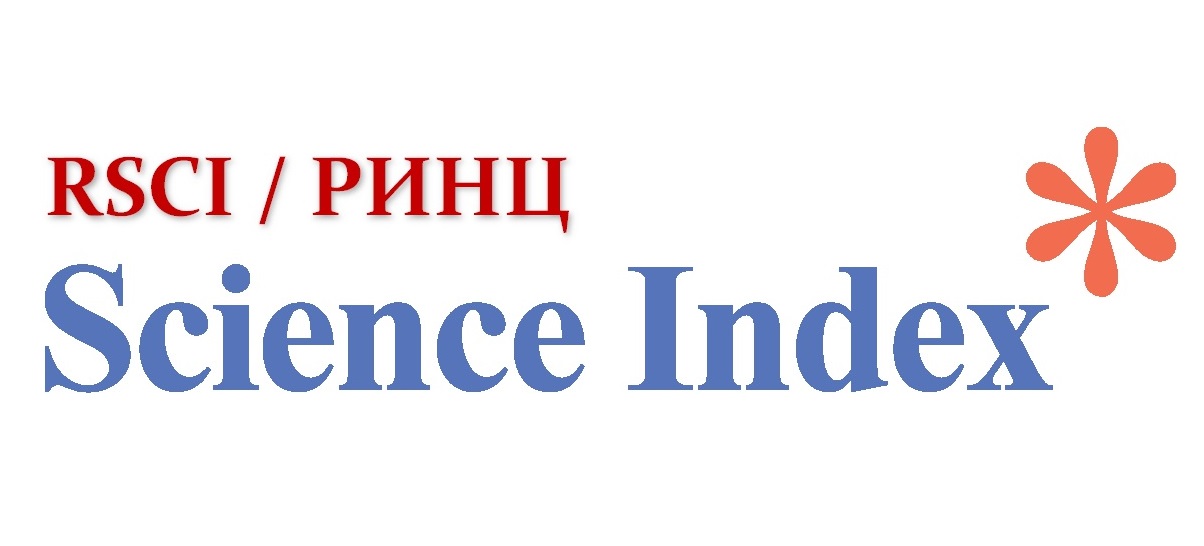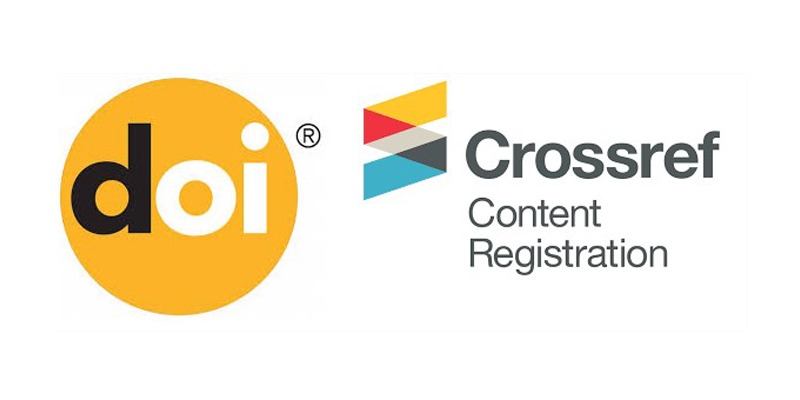Improving enterprise efficiency through digitalization and tax administration control
Views: 254 / PDF downloads: 165
DOI:
https://doi.org/10.32523/2789-4320-2025-2-207-221Keywords:
tax, tax reform, tax system, digitalization, tax interest, tax benefits, management, planning mechanism, optimization mechanismAbstract
. In Kazakhstan, tax amendments and additions are implemented through the national tax code, with oversight measures, including digitalization, continuously being strengthened. These policy updates take effect every January, and compliance is monitored by regulatory authorities.
The purpose of this article is to explore how businesses can improve their financial health by properly utilizing the tax benefits provided by the tax code of Kazakhstan. Additionally, it examines how tax reforms impact the application of these benefits, using monitoring and regulatory mechanisms as tools for economic development. To promote transparency, the government encourages businesses to operate openly by introducing tax reforms and offering incentives. These measures are legally enforced and overseen through various tax regimes, which businesses must carefully select as they expand and diversify. Ultimately, such policies contribute to economic growth and enhance financial stability for enterprises.
The relevance of this article lies in examining the digitalization of the tax system and assessing the impact of digital technologies on tax collection as a key indicator of tax administration efficiency. The scientific novelty of the study is rooted in its exploration of the role of digital transformation in modernizing the tax system.
Downloads
Downloads
Published
How to Cite
Issue
Section
License
Copyright (c) 2025 С. Джолдыбаева, С. Барышева, Б. Джолдыбаев

This work is licensed under a Creative Commons Attribution-NonCommercial 4.0 International License.






